Prashant Kishor, India’s premier political consultant and strategist, vehemently rejects exit polls. Nonetheless, his reputation as a shrewd political manager and a master of election strategy is undeniable.
Kishor’s formidable track record cuts across the political spectrum, from propelling BJP’s Narendra Modi to a decisive victory in 2014 to orchestrating Mamata Banerjee’s remarkable third-term win against a resurgent BJP. Admirers laud him as possessing the Midas touch, while detractors claim he selectively backs winners.
Following the release of the 2024 Lok Sabha exit polls, Prashant Kishor, now the leader of Jan Suraaj, launched a scathing critique of journalists and politicians on June 1. In a hard-hitting interview with senior journalist Ravindra Ojha of The Interview World, Kishor dismissed exit polls as unreliable, confidently predicting that the BJP will replicate its 2019 results in 2024. Furthermore, he outlined his ambitious political aspirations. Here are the key revelations from his interview.
Q: What is your estimate of the number of seats the BJP will win in this election?
A: In the 2024 Lok Sabha elections, the BJP is projected to secure 303 seats, mirroring its impressive performance in 2019. My analysis indicates that the BJP is set to return to power with a seat count that matches or slightly exceeds its previous tally. In western and northern India, I foresee no significant changes in the number of seats won by the party. However, there is a strong potential for the BJP to increase its seat count and vote share in the eastern and southern states.
While I cannot predict the exact number of seats, it is clear that any losses in the west and north will be minimal, defined as a change of fewer than 50 seats. Conversely, substantial gains are expected in the east and south.
The BJP is aggressively bolstering its presence in Telangana, Andhra Pradesh, Kerala, and Tamil Nadu. Numerous exit polls predict that the NDA will likely breakthrough in Tamil Nadu and Kerala while maintaining dominance in Karnataka. However, the party may experience a decline in seats in states such as Bihar, Rajasthan, Maharashtra, and Haryana.
Q: How can one analyze the rhetorical strategies used in PM Modi’s election speeches?
A: Except the 2012 Gujarat election and the 2014 general election, his campaigns consistently exude the divisive traits commonly labeled as communal. This calculated approach seems designed to invigorate their loyal base, which may have become complacent due to their perceived invincibility after securing a resounding victory of 400 seats, fueled by their propaganda.
Q: What significant changes and impacts can be expected if Prime Minister Modi wins a third term in office?
A: A relentless surge towards centralizing power and resources is underway. Concurrently, citizens are increasingly wary of the mounting potential for public dissent and agitation. This dual trajectory portends a looming clash between centralized authority and the burgeoning voices of societal discontent.
Q: What are the major political alternatives to the BJP in India?
A: Over the last three decades, we’ve witnessed the rise and fall of powerful regimes, initially riding high on the wave of popular mandate, only to be brought low by the people’s dissent when their legislative agendas or impositions veered from public expectations. These instances underscore the volatility inherent in political power, as even governments enjoying resounding electoral victories can find themselves confronted with widespread opposition.
Such occurrences serve as a stark reminder of the delicate balance between governance and the will of the governed. In a nation where a staggering 600 million individuals grapple with daily existence on less than Rs. 100, it behooves any administration or leader to recognize the fragility of support and the imperative of addressing the pressing needs of the populace.
Q: Could you share some details about your new political journey?
A: Over the course of a decade, I’ve diligently pursued the creation of a novel political paradigm in Bihar. For the past two-and-a-half years, my endeavors have led me on extensive journeys through Bihar’s rural expanse, fueled by an unwavering determination to instigate profound political reform. As a co-founder of Jan Suraaj in Bihar, I’ve played a pivotal role in spearheading this initiative, driven by the belief that our efforts will herald a new era of governance in the state.
Q: How will your recent activities impact your ability to avoid conflicts of interest in your political career?
A: Certain individuals naturally harbor skepticism. From my childhood, my father instilled a fundamental truth: critics are inevitable. Therefore, it’s essential to acknowledge that I am not obligated to justify myself to anyone, not even your viewers. No amount of reasoning, no matter how compelling, or evidence, no matter how commonsensical, can universally satisfy every critic. Hence, embracing this reality empowers one to navigate public scrutiny with confidence and integrity.


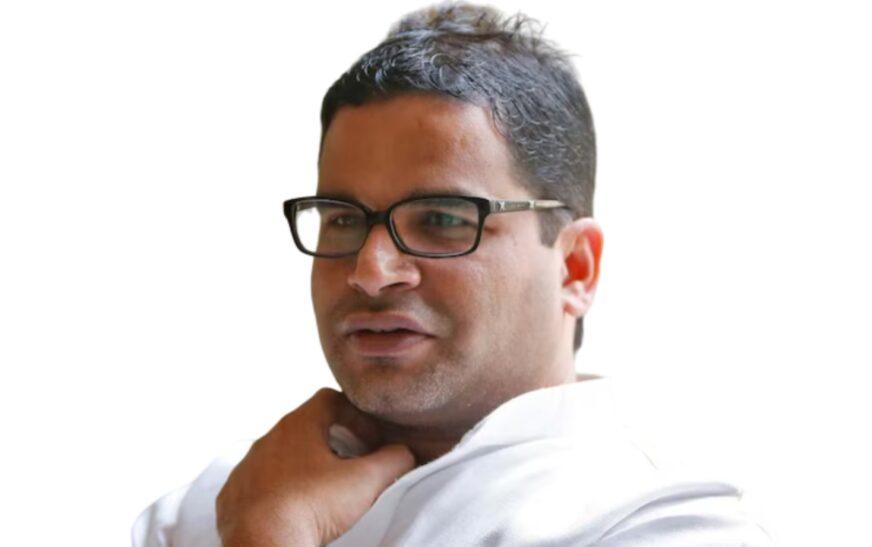

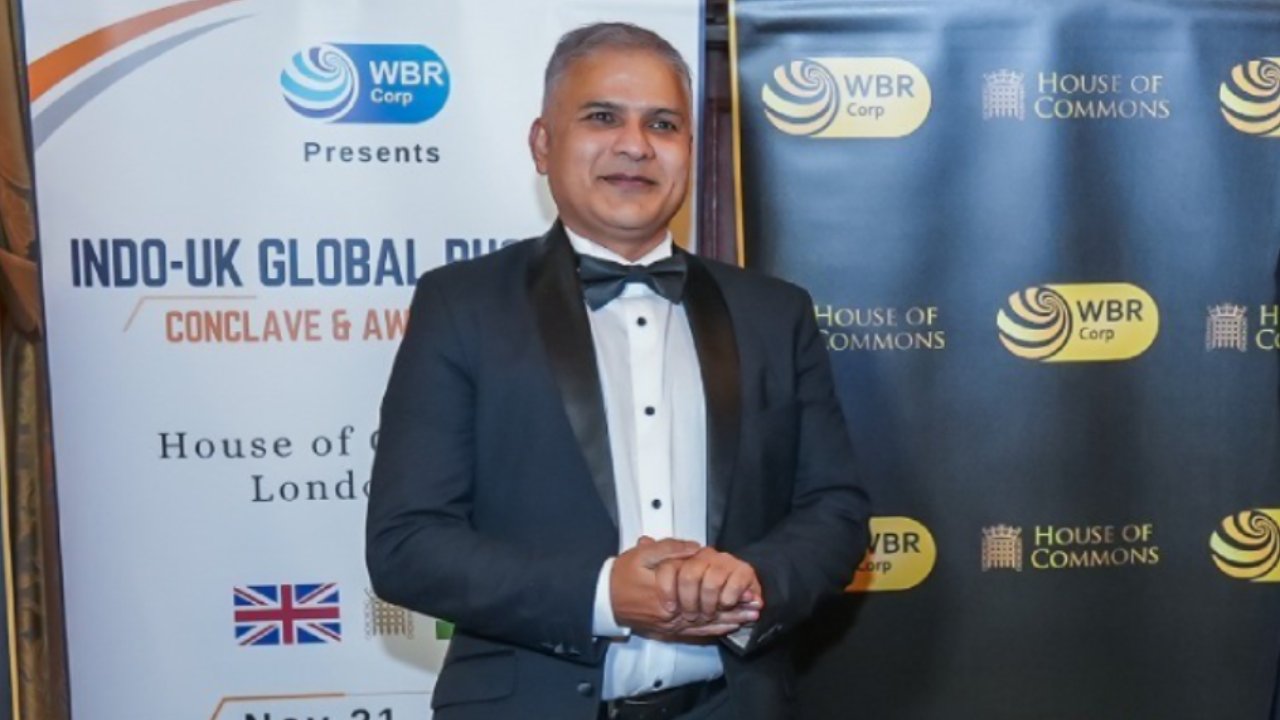

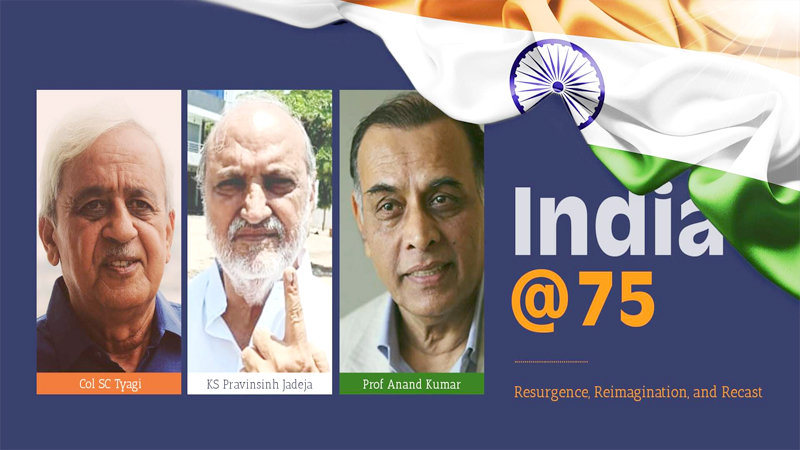
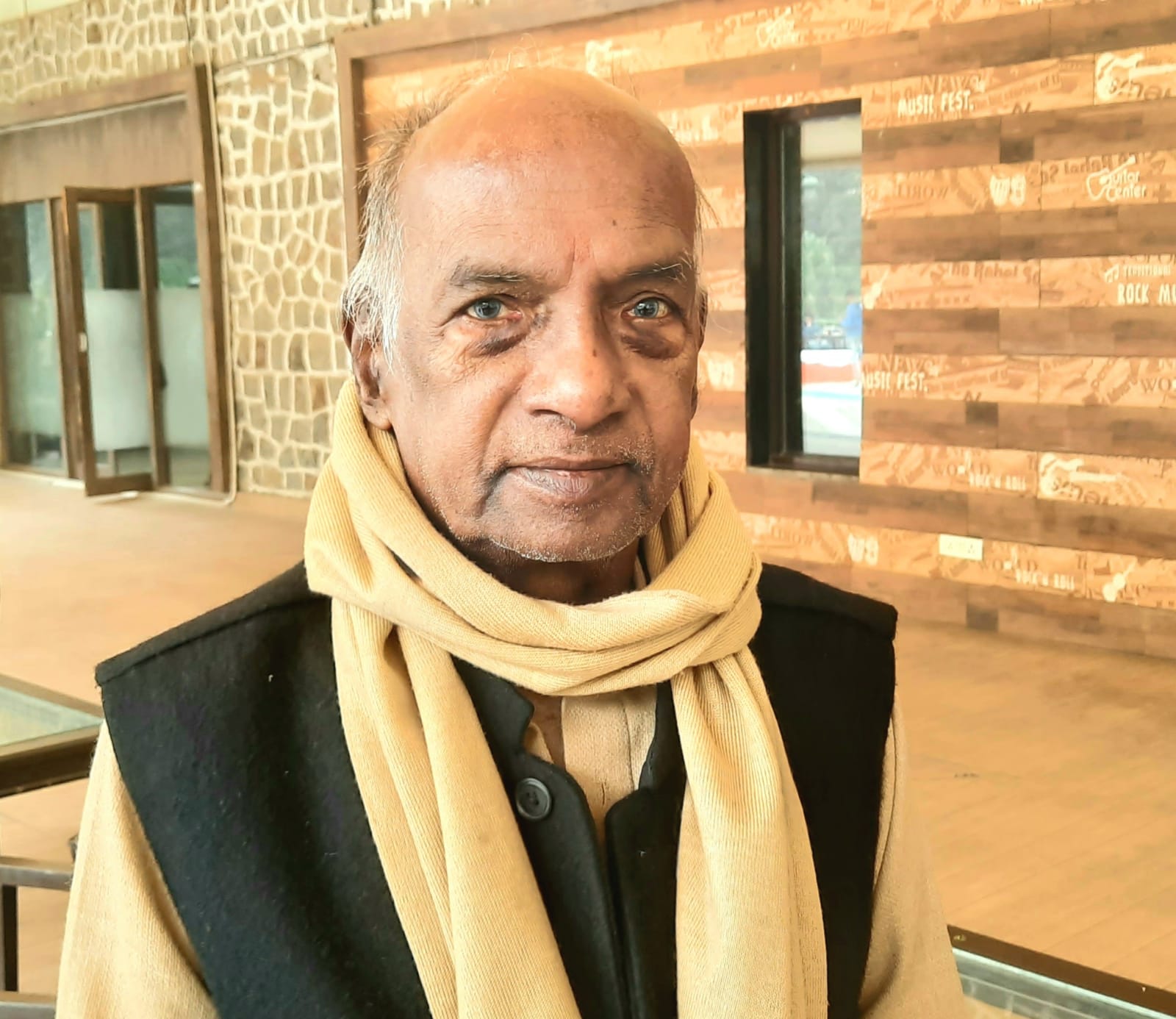
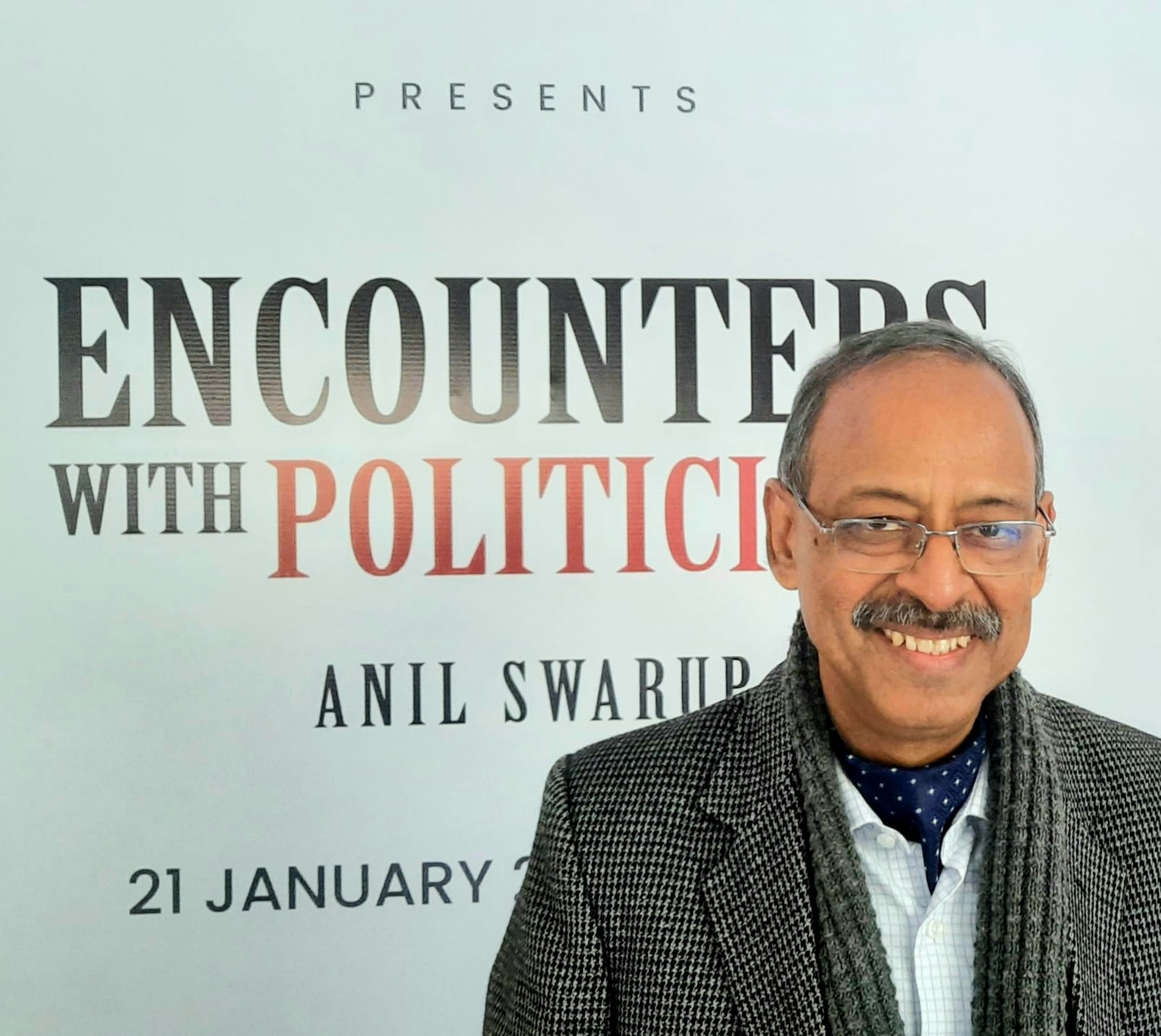
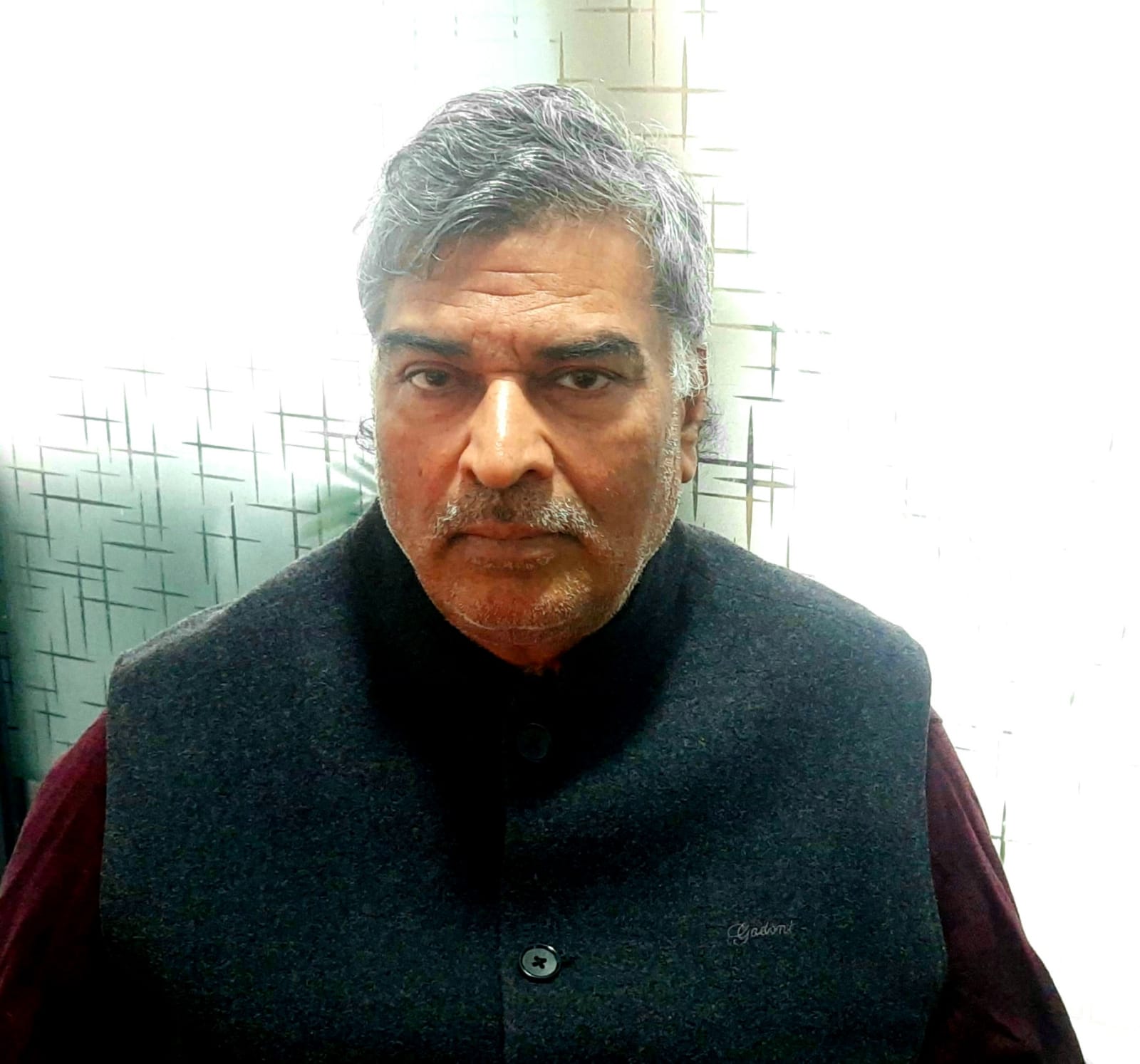
2 Comments
I have been surfing online more than 3 hours these days, yet I by no means discovered any fascinating article like yours. It is pretty value sufficient for me. In my opinion, if all web owners and bloggers made good content as you probably did, the internet might be much more useful than ever before. “Wherever they burn books, they will also, in the end, burn people.” by Heinrich Heine.
I was reading some of your content on this internet site and I conceive
this web site is real informative! Keep posting.
Comments are closed.